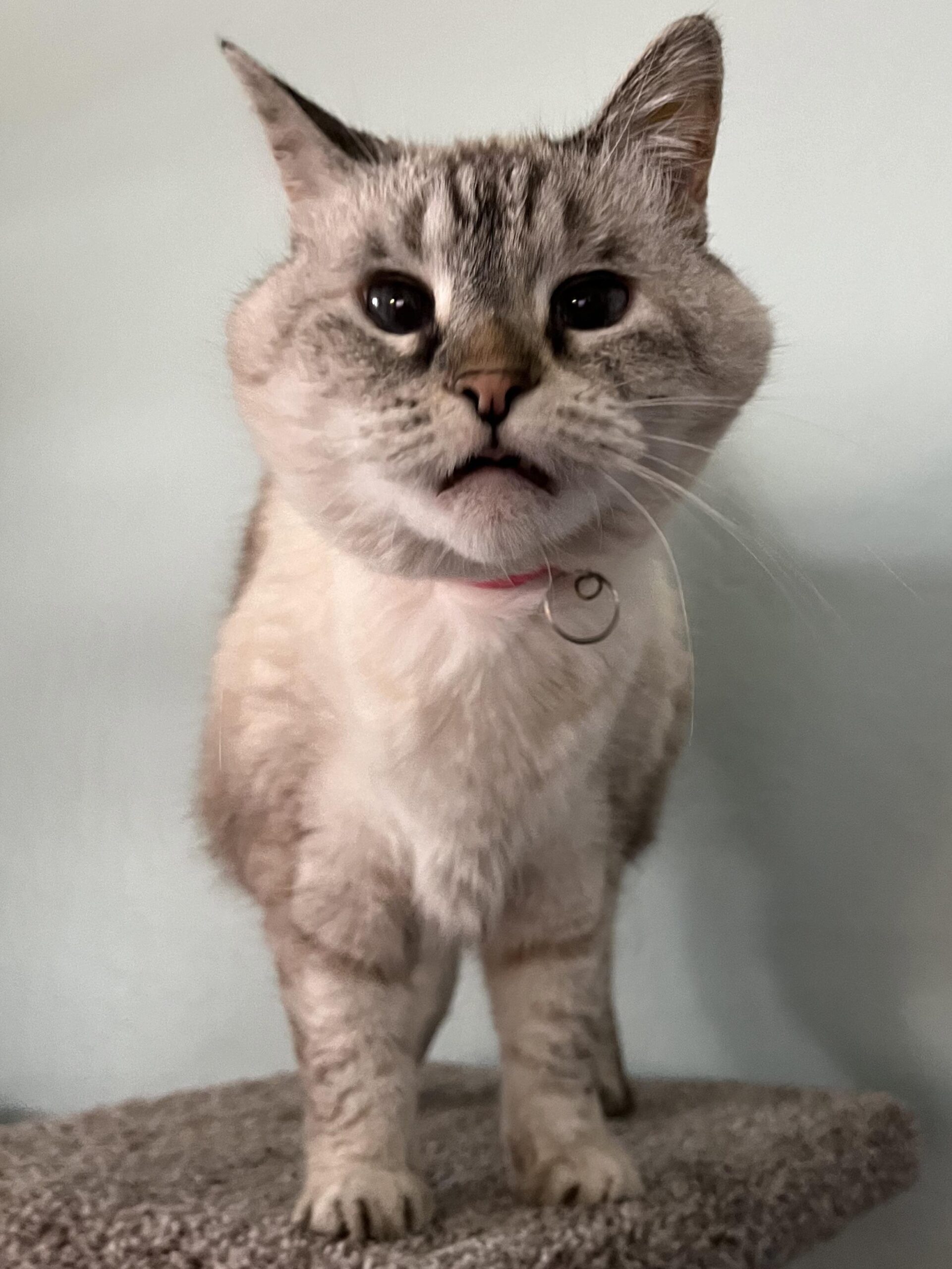Cats with hyperthyroidism can live for years with proper treatment. This common condition in older cats can be managed effectively. How long can a cat live with hyperthyroidism? Let’s delve into the factors influencing their lifespan and ways to support their health. From medication to dietary adjustments, there are various strategies to ensure your feline companion enjoys a good quality of life despite this thyroid disorder. Stay informed to give your cat the care they need to thrive.
How Long Can a Cat Live With Hyperthyroidism?
Welcome to our blog post where we will delve into the topic of how long a cat can live with hyperthyroidism. Hyperthyroidism is a common condition in older cats, and it’s crucial for pet owners to understand the impact it can have on their feline friends’ lifespan. In this detailed guide, we will explore the signs of hyperthyroidism in cats, the importance of early detection and treatment, potential complications, and ultimately answer the question of how long a cat can live with this condition.
Understanding Hyperthyroidism in Cats
First things first, what exactly is hyperthyroidism? Hyperthyroidism is a common endocrine disorder in cats, primarily affecting older felines. It occurs when the thyroid gland becomes overactive and produces an excess amount of thyroid hormones. This hormonal imbalance can lead to a range of symptoms that impact a cat’s overall health and well-being.
Common signs of hyperthyroidism in cats include:
- Weight loss despite increased appetite
- Increased thirst and urination
- Hyperactivity and restlessness
- Vomiting and diarrhea
- Poor coat condition
The Importance of Early Detection and Treatment
Early detection of hyperthyroidism is key to ensuring a better prognosis for affected cats. If left untreated, hyperthyroidism can lead to serious complications such as heart disease, high blood pressure, and organ damage. Regular veterinary check-ups and screening tests can help identify the condition in its early stages.
Treatment options for hyperthyroidism in cats may include medication, radioactive iodine therapy, or surgery. Your veterinarian will recommend the most suitable treatment based on your cat’s age, overall health, and the severity of the condition.
Potential Complications of Untreated Hyperthyroidism
Untreated hyperthyroidism can have a significant impact on a cat’s quality of life and longevity. Chronic exposure to excess thyroid hormones can put a strain on the heart, leading to conditions such as hypertrophic cardiomyopathy and high blood pressure. These complications can ultimately shorten a cat’s lifespan if left unchecked.
It’s essential for pet owners to be aware of the potential risks associated with untreated hyperthyroidism and to work closely with their veterinarian to manage the condition effectively.
How Long Can a Cat Live With Hyperthyroidism?
Now, let’s address the burning question: how long can a cat live with hyperthyroidism? The answer to this question can vary depending on several factors, including the cat’s overall health, the presence of any underlying conditions, the effectiveness of treatment, and the owner’s commitment to managing the condition.
Life Expectancy with Proper Management
With proper management and timely treatment, many cats with hyperthyroidism can live long and fulfilling lives. Monitoring thyroid hormone levels, adjusting medication dosage as needed, and maintaining a healthy diet and lifestyle can all contribute to improving a cat’s prognosis.
Some cats may require ongoing treatment for the rest of their lives to keep their thyroid levels in check. Regular veterinary check-ups and blood tests are essential to ensure that the treatment plan remains effective and that any potential complications are caught early.
Factors That Influence Life Expectancy
Several factors can influence how long a cat with hyperthyroidism can live:
- The cat’s age at the time of diagnosis
- The presence of other health conditions
- The type of treatment received
- The response to treatment
While some cats may live for several years with well-managed hyperthyroidism, others may experience a shorter lifespan due to complications or the progression of the disease. It’s essential for pet owners to be vigilant about monitoring their cat’s health and seeking veterinary care as soon as any concerning symptoms arise.
In conclusion, hyperthyroidism is a manageable condition in cats, especially when diagnosed and treated early. By staying informed about the signs of hyperthyroidism, working closely with your veterinarian, and following a tailored treatment plan, you can help your feline companion live a longer and healthier life despite the challenges posed by this condition.
Remember, the key to ensuring a good outcome for a cat with hyperthyroidism is early detection, consistent monitoring, and proactive management. With the right care and attention, your beloved cat can continue to bring joy and companionship for years to come.
We hope this blog post has shed light on the important question of how long a cat can live with hyperthyroidism. If you suspect that your cat may be suffering from this condition, don’t hesitate to consult your veterinarian for guidance and support. Together, you can make a positive difference in your cat’s health and well-being.
Hyperthyroidism and cats
Frequently Asked Questions
How does hyperthyroidism affect a cat’s lifespan?
Hyperthyroidism in cats can significantly impact their longevity if left untreated. The condition can lead to serious complications affecting the heart, kidneys, and overall health, which can shorten their lifespan.
Can a cat live a normal lifespan with hyperthyroidism if treated promptly?
With proper treatment, such as medication, dietary management, or radioiodine therapy, cats with hyperthyroidism can live a normal lifespan. Early detection and effective management play a crucial role in ensuring the cat’s well-being.
What is the average lifespan of a cat with hyperthyroidism?
The average lifespan of a cat with hyperthyroidism can vary depending on factors like the cat’s overall health, age, and how well the condition is managed. With appropriate treatment, many cats can live several years with a good quality of life.
Final Thoughts
In conclusion, cats with hyperthyroidism can live for several years with proper treatment and management. Regular monitoring, medication, diet adjustments, and potential radioiodine therapy can greatly improve their quality of life. On average, a cat diagnosed with hyperthyroidism can live for many years with appropriate care. However, untreated hyperthyroidism can significantly shorten a cat’s lifespan. Therefore, early detection and intervention are key in determining how long a cat can live with hyperthyroidism.






+ There are no comments
Add yours